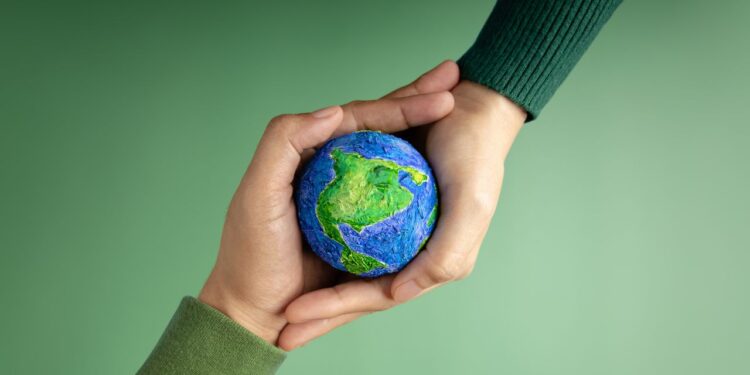Poverty is one of the biggest problems in the world today. The United Nations established 17 Sustainable Development Goals (SDGs) to address global issues. The first and most important goal is SDG 1 – No Poverty. This goal aims to end extreme poverty everywhere by 2030.
Poverty in Pakistan
Poverty remains a severe problem in Pakistan. Millions of individuals struggle daily to meet basic necessities such as food, shelter, education, and healthcare. The World Bank reports that more than 25% of Pakistan’s population is currently living below the poverty line in 2024. This means that almost 13 million people have recently fallen into poverty due to rising inflation, unemployment, and unfavourable economic conditions.
Natural disasters such as floods, the COVID-19 pandemic, and political unrest have further exacerbated the situation. Prices of basic items have skyrocketed due to inflation, leaving most families unable to afford essential goods. Rural areas, in particular, are the hardest hit, where opportunities and services are scarce.
What is the Government Doing?
The current government, led by the Pakistan Muslim League – Nawaz (PML-N), has taken steps to reduce poverty. In its 2024 election manifesto, the PML-N pledged to lower poverty levels to below 25% and achieve a minimum economic growth rate of 6% over the next few years. While these are ambitious goals, the government has initiated several programmes to support poor families. On the macroeconomic front, signs of stabilisation are visible.
One of PML-N’s major commitments was to control inflation and stabilise the currency – a top priority for a public weary of rising prices and economic uncertainty. The government acted swiftly by securing an IMF Extended Fund Facility (EFF) and adhering to its terms, even at the cost of political capital.
The results are evident: the exchange rate has stabilised, foreign exchange reserves have nearly doubled – from $8.2 billion in January 2024 to $15.9 billion by mid-February 2025 – and headline inflation, which includes energy and food prices, has dropped from 23% in February 2024 to just 5.0% in January 2025. Furthermore, interest rates have been reduced from 23% to around 11%.
Government Schemes to Combat Poverty
Benazir Income Support Programme (BISP): Although initiated by a previous government, the current administration has increased both the budget and coverage of this scheme. It provides monthly cash stipends to poor women for the welfare of their families.
Ehsaas Programme (Continuation): The PML-N government has expanded elements of the Ehsaas Programme, including scholarships for poor students, food provision, and emergency cash support during crises.
Youth Employment Schemes: To address unemployment, a primary cause of poverty, the government introduced skill development and internship schemes. These programmes aim to equip young people with the training and experience needed to secure employment.
Subsidies and Utility Stores: The government has provided subsidies on essential food items such as wheat, sugar, and ghee through Utility Stores, making them more accessible to the poor.
Kamyab Pakistan Programme: This initiative offers small interest-free loans to help individuals start small businesses or improve their agricultural practices.
Rozgar Schemes: Employment schemes have been introduced in some provinces to provide temporary jobs for daily wage earners.
Poverty is not just a financial issue; it is also a matter of opportunity, education, and hope. Pakistan is currently going through a difficult economic period, but there are ongoing efforts to assist those most in need. The government must ensure that its schemes reach the intended beneficiaries and that they are not misused or corrupted. Further emphasis on education, healthcare, and the creation of employment opportunities will be key in reducing poverty in the long run.
To truly achieve SDG 1 – No Poverty, Pakistan requires sustained efforts, effective leadership, and collaboration from all sectors—government, private, and civil society. Only then can we break the cycle of poverty and build a brighter future for everyone.


